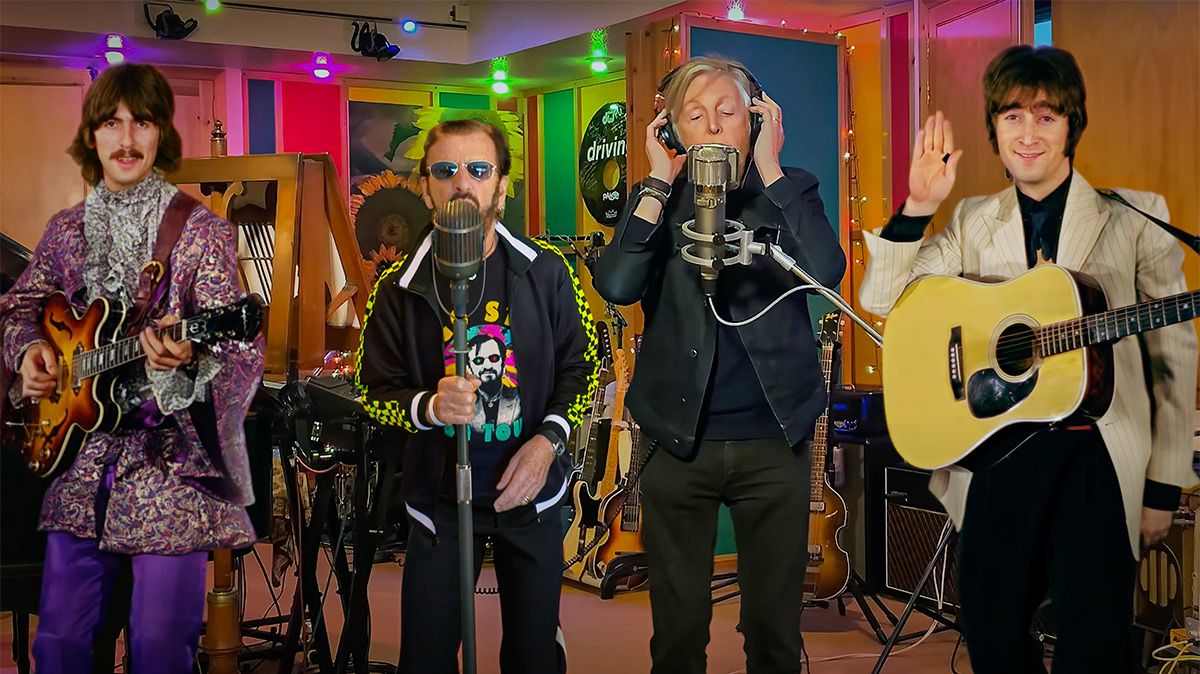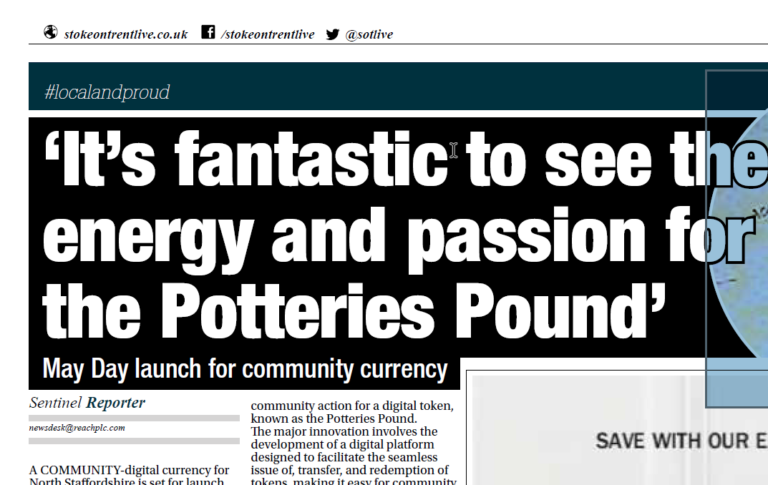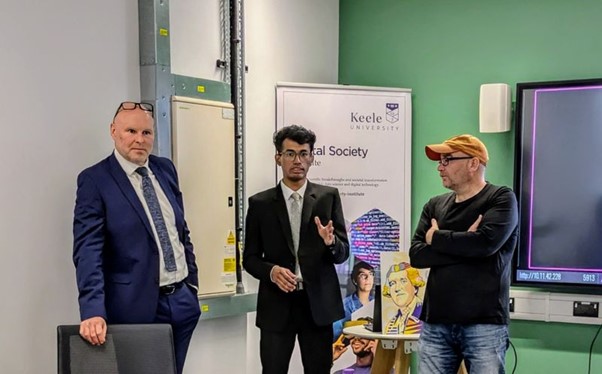‘Artificial Intelligence? We Need To Be Talking About Beneficial Intelligence’
Although AI is something that has been kicking around for a number of years, it went mainstream last week when the AI Safety Summit was hosted at Bletchley Park, perhaps a fitting venue given that that was the place where Alan Turing – godfather of AI and a personal hero of mine – was based alongside the other World War II Codebreakers from 1938 until 1946.
Our government believes that AI is a force for a good, and points towards its extensive investment in AI and healthcare, and how it believes that AI can support students and teachers towards educational excellence.
And Prime Minister Rishi Sunak is a big fan, and he delivered a statement at the summit and held court with its most high-profile delegate, Elon Musk, who delivered a chilling statement to Sunak and one that encapsulates the fears of those that see AI as a threat: “there will come a point where no job is needed – you can have a job if you want to for personal satisfaction, but the AI will be able to do everything.”
Sunak welcomed Musk to 10 Downing Street for what some saw as nothing more than a publicity stunt, or perhaps a sign that he is planning to follow Nick Clegg into the world of social media following the next General Election.
However, what it did demonstrate is that those who see AI as purely an economic tool have a seat at the very highest tables, and that should be a concern to us all.
AI as a concept has a fairly lengthy history stretching back to the years that immediately followed World War II, but it’s only in the past decade or so that it has really taken off, as an extension or enhancement of existing technologies.
To many people, AI may sound like something from a sci-fi film or novel, but we have got to a point where it is very much part of the everyday. The most basic example is probably the self-service checkout at your local supermarket. Use Google? That’s AI in action. Do you like your YouTube, Amazon and Netflix? Their recommendations systems are underpinned by AI.
All of these are quite light touch in some respects, but are all linked to the collation of your personal data for economic purposes, and point towards a future where AI reaches into most – if not all – areas of our lives.
While those at the forefront of developing and promoting it go big on extolling the virtues of AI – while clearly having the ear of our most senior politicians – the potential threats and downsides are either underplayed or ignored. And the biggest threat is the potential to replace human activity. He may have sugar-coated it somewhat, but that is essentially the message Elon Musk delivered to Rishi Sunak.
It is often argued that use of AI will simply mean deployment, better services and greater efficiencies. But in reality when big business considers greater efficiencies, the end result sees them pocket savings.
Unless a transition to a more AI oriented world is appropriately managed, then the lives of those who already lead a precarious existence will become ever more precarious, and this has to occupy the thinking of our leaders, be it at a political level, within business, or throughout our communities. What we actually need is the development of what I would term BI: Beneficial Intelligence.
But what do I mean by Beneficial Intelligence?
BI would be AI in the right hands, and used for the right reasons, namely, to benefit people and places. Because AI put to work purely for economic reasons is not beneficial and is simply an attempt to breathe new life into an extractive model. There has to be a social and environmental aspect to it.
While the AI movers and shakers were gladhanding it down in Milton Keynes and London, we saw the first major BI development with the release of the final single and video from The Beatles. ‘Now and Then’ saw the polishing of an old John Lennon demo from the 1970s, with AI used to enhance Lennon’s vocal and guitar work from George Harrison, and produce a powerful video.
So why is this BI at work? Yes, there is obviously an economic aspect to ‘Now and Then’, but at the same time it is a piece of art that would previously have been thought unachievable, and has brought real joy to millions of people around the world. That has to be a good, beneficial thing.
The key message behind Isaac Asimov’s AI dystopia ‘i Robot’ is that it doesn’t matter what you think, so long as you act correctly. It is all about intent and motivations.
The point is that humanity is the key to AI becoming BI, in other words a combination of the heart and mind rather than one or the other.
DP
6th November 2023



